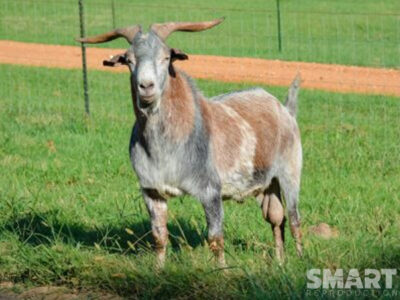The global demand for sheep and goat meat, dairy, and fiber products has been increasing in recent years. However, many countries are actively struggling to meet this demand due to low productivity and inferior quality of their local breeds. This presents a unique opportunity for the United States, which has some of the most productive and genetically superior sheep and goat breeds in the world, to export its high-quality genetics to other countries.
The United States is home to several high-performance sheep and goat breeds such as the Katahdin, St. Croix, and American Blackbelly breeds of sheep and the Boer, Nubian, and Kiko breeds of goats. These breeds are known for their superior meat and dairy production, as well as their adaptability to different environmental conditions. Furthermore, the United States has a well-established and robust system of animal breeding and genetic improvement that has been developed over decades of research and investment.
https://livestockconservancy.org/heritage-breeds/heritage-breeds-list/st-croix-sheep/
https://kikogoats.com/kikos-perform/
Exporting high-quality sheep and goat genetics can be beneficial for both the United States and other countries. For the United States, it can be an additional source of income for farmers and breeders. Exporting genetics allows for the propagation of superior genetics and the establishment of new markets for American livestock genetics. This can increase the demand for American breeding stock and improve the overall reputation of American livestock genetics around the world.
On the other hand, for countries that import these genetics, it can be an opportunity to improve their livestock production and increase their productivity. Many countries struggle with low productivity and poor quality breeds of sheep and goats. By importing Unites States produced genetics, they can improve their herds’ performance and enhance the quality of their livestock products, which can increase their competitiveness in the global market. Moreover, the adoption of more robust genetics can also help countries adapt to changing climatic conditions, such as increased drought or heat stress.
Exporting genetics can also have a positive impact on animal welfare. Through selective breeding, genetic improvement programs can focus on developing animals that are better adapted to their environment and are less susceptible to diseases and parasites. This can reduce the need for veterinary interventions and enhance animal welfare, which is a significant concern for many consumers today.
It is important to note that exporting genetics requires careful planning and implementation. Governments and organizations need to ensure that the imported genetics are of high quality and have been screened for diseases and genetic abnormalities. Furthermore, there needs to be a focus on capacity building and training for farmers and breeders to ensure that they can effectively utilize the genetics and incorporate them into their production systems.
In conclusion, exporting high-quality sheep and goat genetics from the United States can be a win-win situation for both the United States and importing countries. It can provide an additional source of income for American farmers and breeders, improve the productivity and quality of livestock products in importing countries, and enhance animal welfare. It is an opportunity for the United States to showcase its superior genetics and establish itself as a leader in the global livestock genetics market. Careful planning and implementation are necessary to ensure that the exported genetics are of high quality and are effectively utilized in the importing countries. By doing so, we can create a more sustainable and prosperous global livestock industry.


